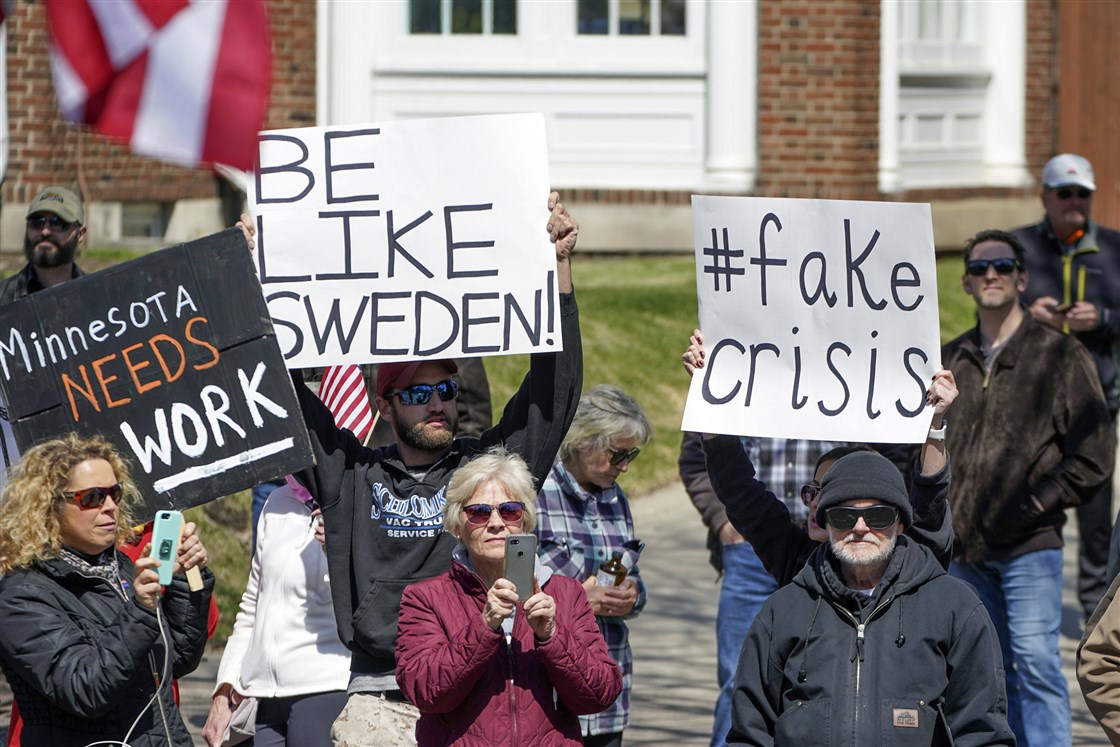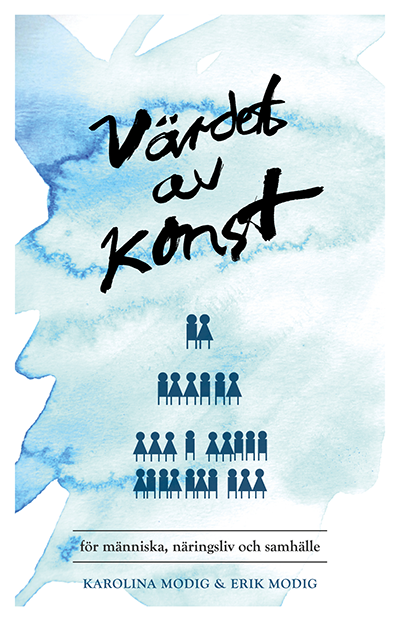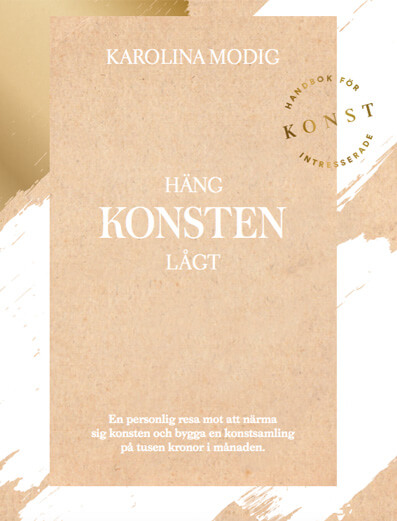”The Swedish strategy is very much relying on the individual’s trust in the state,” one Swede told NBC News.
STOCKHOLM — Known for its socialized health care, progressive tax system and liberal social policies, Sweden rarely finds cheerleaders among conservative commentators and activists in the United States.
But on homemade placards at anti-lockdown protests in the last month, an unusual slogan has been spotted: “Be more like Sweden.”
Prominent Republican Party figures and GOP-supporting commentators have praised Sweden for its light-touch approach to the coronavirus pandemic — it is almost unique among nations in not ordering citizens to stay indoors, while cafes and restaurants have stayed open.
According to the Swedes, however, American admirers of their approach are confusing their own beliefs with what is a prudent and carefully planned public health policy.
Jacob Issa, who runs the Il Caffe coffee shop on Södermalm, an island and district of central Stockholm, Sweden’s capital, says conservative America’s sudden respect for the Swedish model doesn’t surprise him.
“Everything is ultimately about money,” he says. “When the economy is suffering, it is convenient to point to a country that ‘supports’ one’s actions. I wouldn’t have been surprised if other politicians did the same thing.”
Fox News political commentator Tucker Carlson has argued the merits of the Swedish model, as has the conservative magazine National Review.
Sen. Rand Paul, R-Ky., the only senator known to have contracted COVID-19, clashed with the nation’s leading infectious disease expert, Dr. Anthony Fauci, at a Senate hearing on Tuesday, asking why the U.S. couldn’t follow Sweden in reopening schools and the economy.
Just two weeks ago, President Donald Trump criticized the Swedish approach by tweeting: “Despite reports to the contrary, Sweden is paying heavily for its decision not to lockdown.” But he hasn’t tweeted about it since.
Sweden’s somewhat disproportionate role in the American political debate dates back as far as the 1930s and President Franklin D. Roosevelt’s New Deal, according to Dag Blanck, the director of the Swedish Institute for North American Studies at Uppsala University.
“[That] program had reflected Sweden’s welfare system and it was dependent on a strong state and public sector,” he says.
“However, America’s Republican heartland has never been especially interested in the Swedish model or a welfare system. This has been associated with liberals, and lately the Bernie Sanders faction.”
For Blanck, it’s paradoxical that some Republicans are now embracing Sweden – a country that they usually don’t like.
“Since Rand Paul and other Republicans want to kick-start the economy, they are looking to Sweden without really understanding the country or being that interested in the Swedish strategy to deal with coronavirus. And there is a danger in using Sweden as an example without actually understanding Sweden,” he says.
Conservative commentators aren’t the Swedish model’s only admirers. Dr. Michael Ryan, executive director of the World Health Organization’s Health Emergencies Program, said April 29 that ”if we are to reach a ’new normal’, in many ways Sweden represents a future model.”
But some non-medical observers may have misunderstood the policy’s real aims.
The Swedish Public Health Agency’s strategy is based on trying to slow the spread of the virus as much as possible, not on keeping the economy going. The Swedish economy, heavily dependent on the global supply chain, is suffering just as much as many other countries. The decision to keep schools open was about freeing up health care workers to deal with the pandemic, not to stimulate the economy
For Swedish entrepreneur Vendela Ragnarsson, it is irresponsible to apply a strategy that Swedish authorities introduced as a proactive measure to slow down the spread of the infection to a different country and situation.
“I would describe these Republicans as turncoats,” Ragnarsson, who lives in Stockholm, says.
“You run the risk of sacrificing a large proportion of low-income earners and others who do not have adequate health insurance,” she says.
All Swedes have access to health care regardless of their income or ability to pay, and lifting a lockdown in the country would not leave the poor much more vulnerable to disease.
Anna Sjöström, medical doctor at the Karolinska University Hospital, says opinions about a country’s strategy can vary depending on the agenda.
“It is probably also a sign of the complexity of this problem that the pros and cons of a strategy are weighted differently depending on the viewer,” she says.
As of Thursday, the Public Health Agency had recorded more than 28,500 cases of the coronavirus and more than 3,500 related deaths. Sweden’s state epidemiologist, Dr. Anders Tegnell, confirmed in a press conference Wednesday the increase of cases in Stockholm was higher than in any other region of the country.
However, Stockholm now accounts for a decreasing number of newly confirmed cases of COVID-19. The flattening of the curve for those needing intensive care is becoming more and more evident.
According to Blanck, all countries need to think carefully about what strategy to choose when they open up their societies.
“It is not possible to have countries shut down for an unlimited length of time,” he says.
And it is important to remember just how differently Swedes and Americans tend to view their government, Ragnarsson, the entrepreneur, said.
“In the U.S., much seems to depend on the individual and people are not very fond of government control,” she said. “The Swedish strategy is very much relying on the individual’s trust in the state.”


